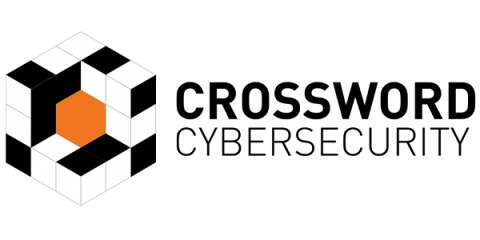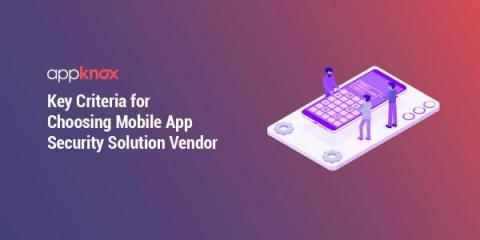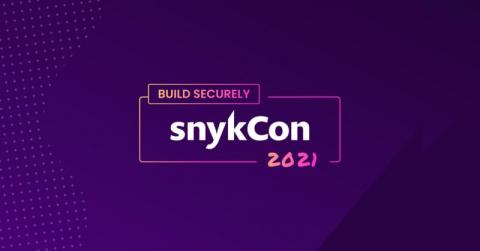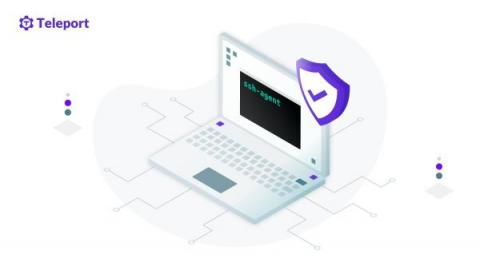Aw, HEC! Splunking Okta's Event Hooks with the HTTP Event Collector
This weekend I spent some time with Okta’s Identity Engine product, learning about various ways to integrate it with Splunk and other external systems. When I got to Okta’s Event Hooks feature, I exclaimed “Aw, HECk!” (actually I said something a little stronger) and banged my head against my old copy of "Log4J 4 Me and U - A Complete Guide" for a few hours trying to get Event Hooks sending data properly into Splunk’s HTTP Event Collector, or HEC.











